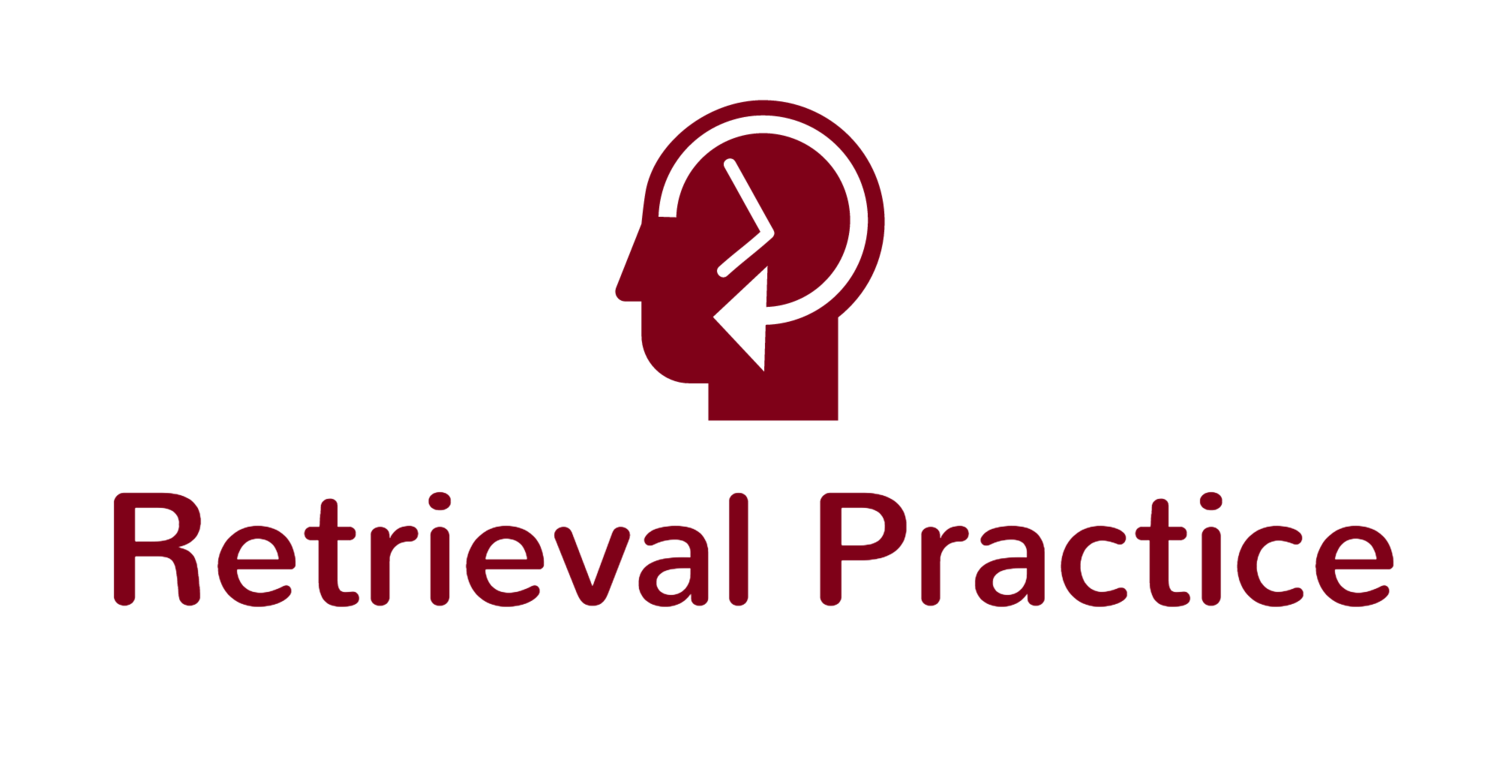Hot off the (research) press!
/Hot off the press, here's a "research roundup" of new peer-reviewed publications by experts in cognitive science. Learn more about the research and the researchers below.
This research is so fresh, only abstracts are available for now. A growing body of research confirms these findings (across students, subject areas, settings, etc.), so email us if you'd like more peer-reviewed articles.
Extra, extra! Follow us on Twitter and Facebook for new and classic research studies by cognitive scientists – straight from the source.
Improve Textbook Learning with Within-Chapter or After-Chapter Retrieval Practice
Where should retrieval practice questions be placed in textbook chapters? In an experiment with 40-page biology textbook chapters (very long, compared to most research in the field!), college students:
Completed questions after reading sections within a chapter
Completed questions after reading the entire chapter
Completed questions both after sections and at the end of the chapter
Read the chapter once without questions
Read the chapter once, followed by reading the answers (without retrieving)
After two days, the retrieval practice conditions led to greater final test performance than the two reading-only groups – regardless of whether questions were within or after the textbook chapter. Also, "the more the better:" Answering questions in both locations produced the most learning.
Finding: Regardless of the placement of questions, retrieval practice enhances learning more than reading or re-reading long textbook chapters.
Tip: Encourage students to retrieve using practice questions, whether they do it during they read or after they read long textbook chapters.
Authors: Oyku Uner & Henry L. Roediger, III
Journal: Journal of Applied Research in Memory and Cognition
Enhance Learning Using Elaborative Feedback with Examples
Does providing feedback with examples benefit conceptual learning? In two experiments, students studied psychology definitions and then:
Retrieved the keyword (e.g., outgroup) when provided with the definition (e.g., a group to which a person does not belong), followed by feedback of the correct keyword
Retrieved the keyword, followed by feedback with the correct keyword and an example
Final tests included:
Providing the original definition and asking for the keyword
Providing a new example and asking for the keyword
Providing a classification test to examine conceptual understanding
Finding: Feedback with examples improved final test performance more than feedback without examples, regardless of the final test format.
Tip: Provide students with elaborative feedback that includes explanations and examples.
Authors: Bridgid Finn, Ruthann Thomas, & Katherine A. Rawson
Journal: Learning and Instruction











